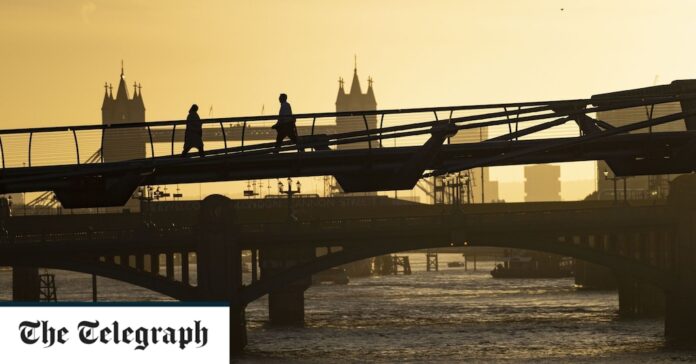Catastrophes are part of the human condition. What’s changed is our refusal to adapt to them
‘Permacrisis” – the very word has a doleful ring about it. Maybe it’s the subliminal association with permafrost, but the national mood has undoubtedly been caught by Collins Dictionaries’ word of the year, defined as “an extended period of instability and insecurity, especially one resulting from a series of catastrophic events”.
I understand why. Many familiar assumptions seem to have been upended recently. The beliefs that banks would not collapse, that Britain would always be an EU member, that our civil liberties could not be arbitrarily removed from us by the Government, that international borders were inviolate and invasions didn’t happen – all are one with Nineveh and Tyre.
But I’m afraid the resonance of this word is a bad sign. After all, look harder, and the past few years don’t seem quite so unusual. We’ve had financial crashes before: remember the collapse of BCCI in 1991, the banking crisis of the early 1970s, or Equitable Life’s closure to new business in 2000. We’ve had energy crises too, in 1973 and 1979 – and the fuel duty protests in 2000 that nearly brought the country to a standstill.
And is the Ukraine invasion really so unprecedented? We’ve had the Iraq war, unquestionably an invasion, whatever view one takes of its justification; the Balkan wars of the early 1990s which killed 100,000 people, displaced two million, and brought back concentration camps, mass executions and genocide; or the 1998/9 Kosovo war which nearly brought Nato and Russia into direct confrontation: have we all forgotten General Mike Jackson’s refusal “to start the Third World War” at Pristina airport?


